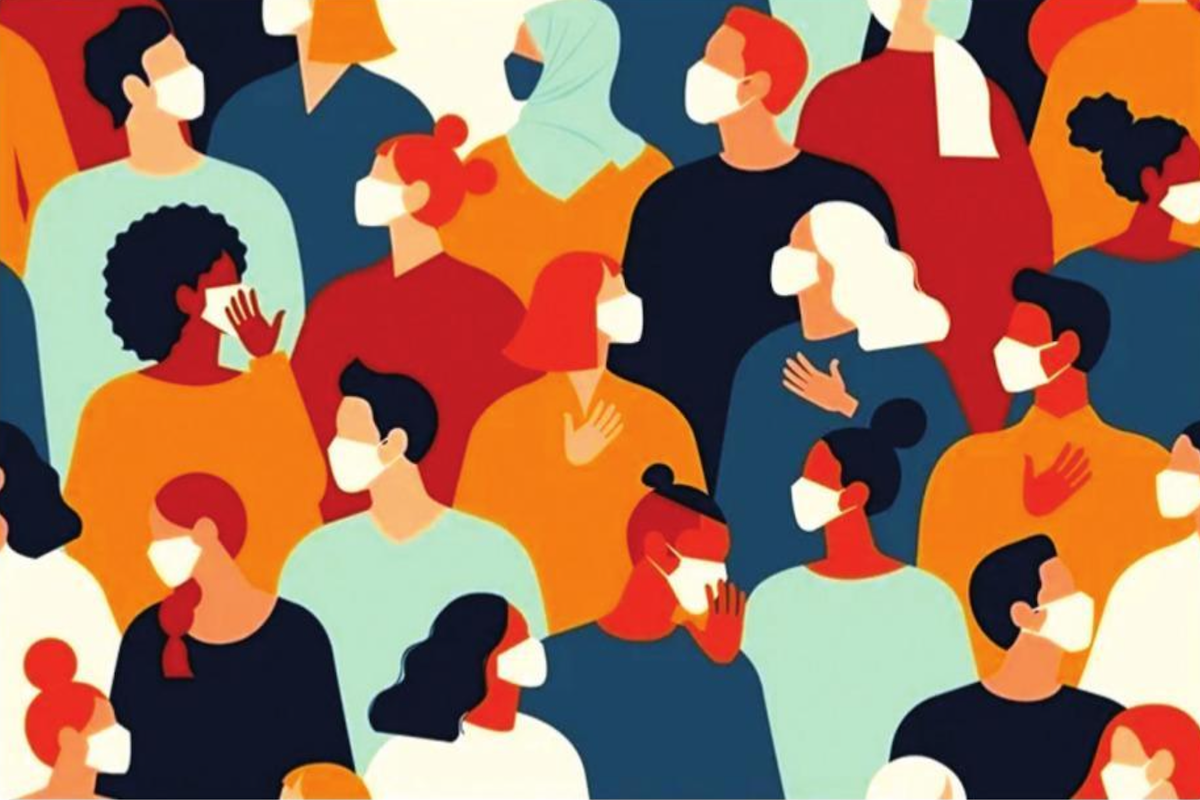Sir John Bell, Regius Professor of Medicine at the University of Oxford, has recently argued that to prevent future pandemics “the world can and must create an effective global surveillance system.” A report of the UNESCO- TWAS (The World Academy of Sciences) Technical Advisory Committee on Covid-19 – comprising scientists, including me, from 14 countries of the developing world – noted (https://osf.io/2dq39/) that “the COVID-19 pandemic has demonstrated, like never before, the critical importance of genomic surveillance and data sharing. … Genomic surveillance is also crucial to monitor and contain the next pandemic.”
This Committee has proposed “embedding a network of genomic- surveillance centres in the national health systems of every country” (https://www.nature.com/ articles/d41586-022-01379-7). This recommendation may appear audacious since the costs of equipment and reagents required for genome sequencing are high. Hence many countries cannot afford genomic surveillance. This is not completely true. The costs of equipment and reagents
Advertisement
are plummeting. Sequencing equipment is becoming smaller in size (like a school tiffin box) and highly portable. Political will is the determining factor.
During the SARS-CoV-2 pandemic, a country like the Gambia exhibited higher rates of sequencing than France or Italy. The UNESCO-TWAS committee has emphasized that “regional centres and networks for genomic surveillance of infectious pathogens would streamline sampling, prompt analysis and data sharing to inform public- health decisions. South-south cooperation could be strengthened by establishing several networks, each in contiguous countries.”
We need surveillance. New outbreaks will occur. Caused by known and unknown pathogens. The record of outbreaks in the past few years, some of which expanded to epidemics, is scary. H1N1 influenza in 2009 killed about 285,000 people; HIV killed 36.3 million after it was detected in 1981; Ebola in 1976 killed about 15,000; in 1998, the Nipah virus killed 350 and the Zika virus killed 50 people in 2007. The current SARS- CoV-2 pandemic was preceded by an outbreak of SARS in 2002 killing 770.
And now monkeypox. That sur- faced on May 7 in the United Kingdom and has already spread to about 25 countries. Over 250 cases are con- firmed. Monkeypox is caused by a pox virus with symptoms similar to smallpox, but milder. Most patients recover within a few weeks, but about 10 per cent of patients die.
Poxviruses were a forgotten threat. The World Health Organization (WHO) declared smallpox eradicated in 1980. Vaccines have been invented for monkeypox, but because outbreaks are rare, no agency wishes to maintain a stockpile of these. We need to sit up and act.
Genomic sequencing of pathogens is necessary, but not sufficient. Unless the sequences are linked to the clinical symptoms of the infect- ed persons, we will observe the evolution of a virus, but we will not be able to associate the genomic changes with severity or with enhancement of infectivity or with new symptoms. Until we are able to associate, policies to manage infected persons can- not be effectively formulated.
Pathogens don’t honour boundaries. Unless data are globally shared in real-time, these will be of limited practical utility. We have seen that different nations have considerable hesitancy in sharing data rapidly. One reason is that scientists of a country worry that when data that they have painstakingly generated are rapidly shared, the data may be rapidly analysed by others and important scientific inferences are drawn. Thus, unless there is guaranteed protection of data sovereignty of individuals and countries, or recognition of efforts of scientists who have generated the data, hesitancy to share data will persist.
Well-respected international bodies, such as UNESCO or WHO, must engage nations in dialogue and help formulate guidelines for data-sharing that protect the interests of nations and scientists.
It is heartening that rich countries are financially supporting poorer countries to overcome the long-term effects of Covid-19. For example, the European Union has created a fund of about 1000 billion US dollars in 2020 to help weaker countries in eastern and southern Europe make a full recovery from the pandemic. Similar actions to prevent outbreaks, epidemics and pandemics are also required without delay. Such actions cannot be limited to creating a fund to provide cheap loans or grants, but must also embody actions in scientific cooperation.
















